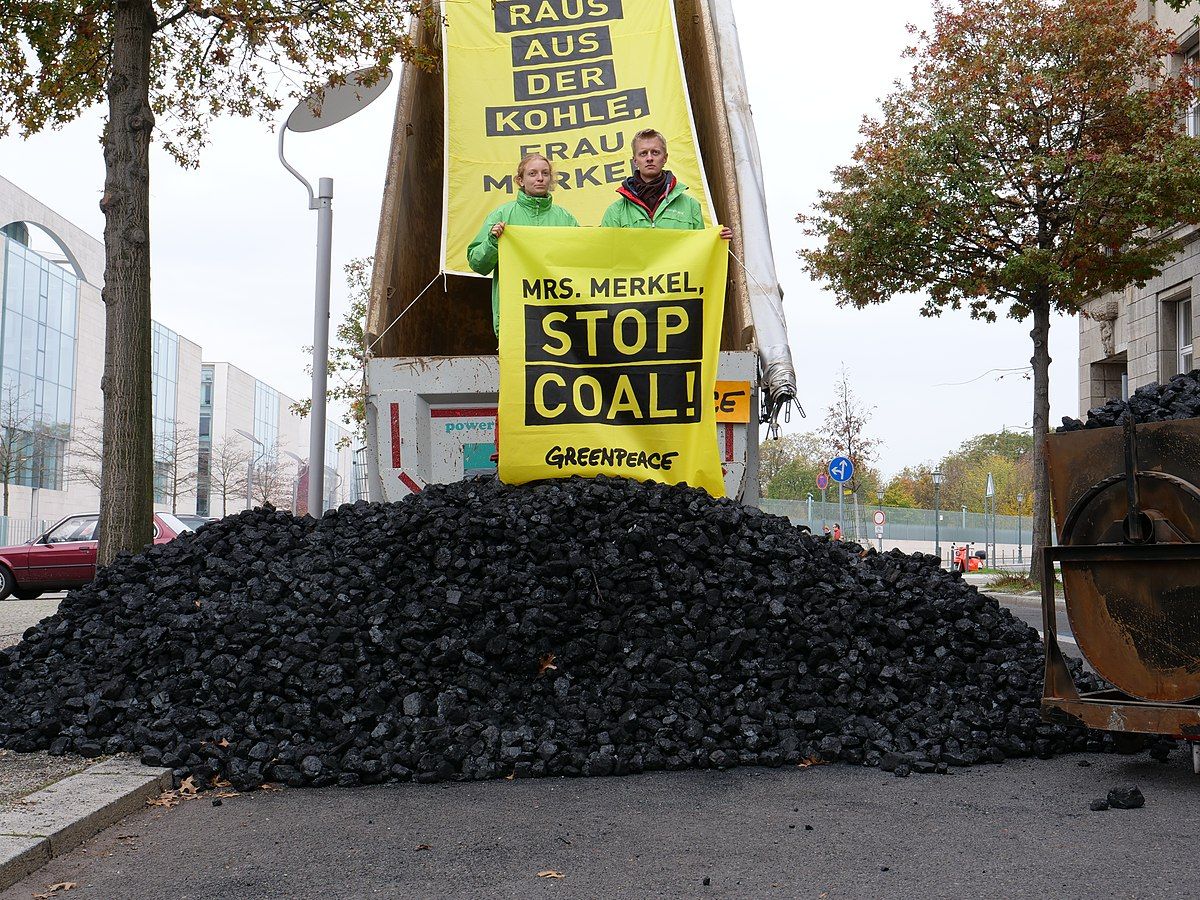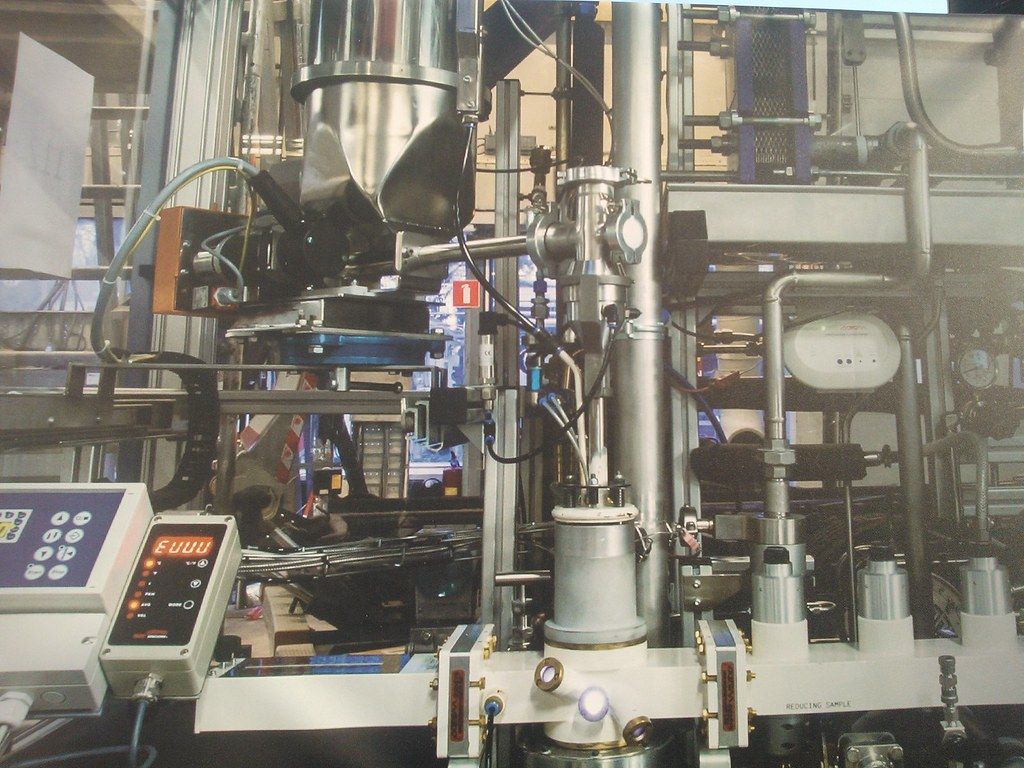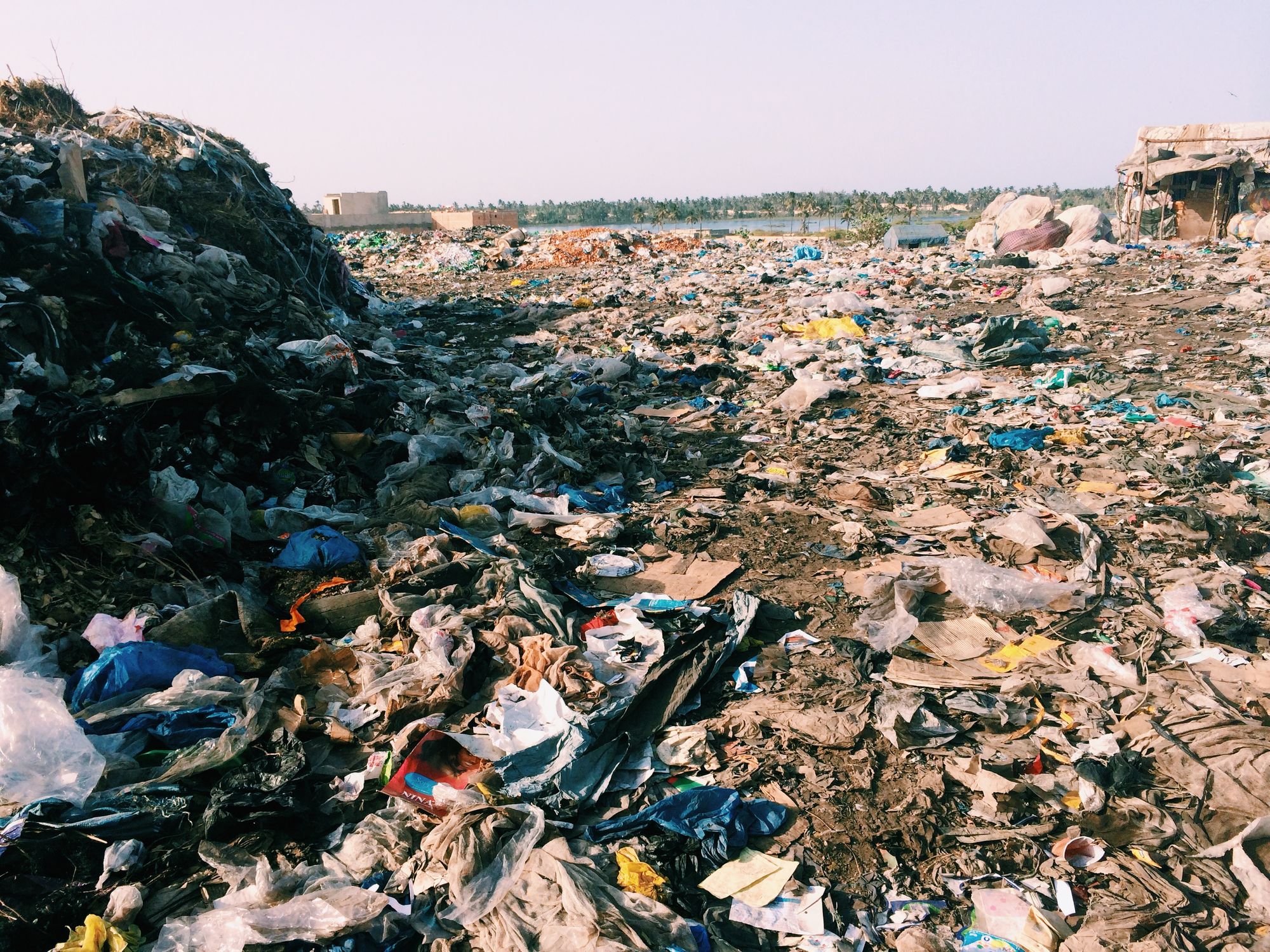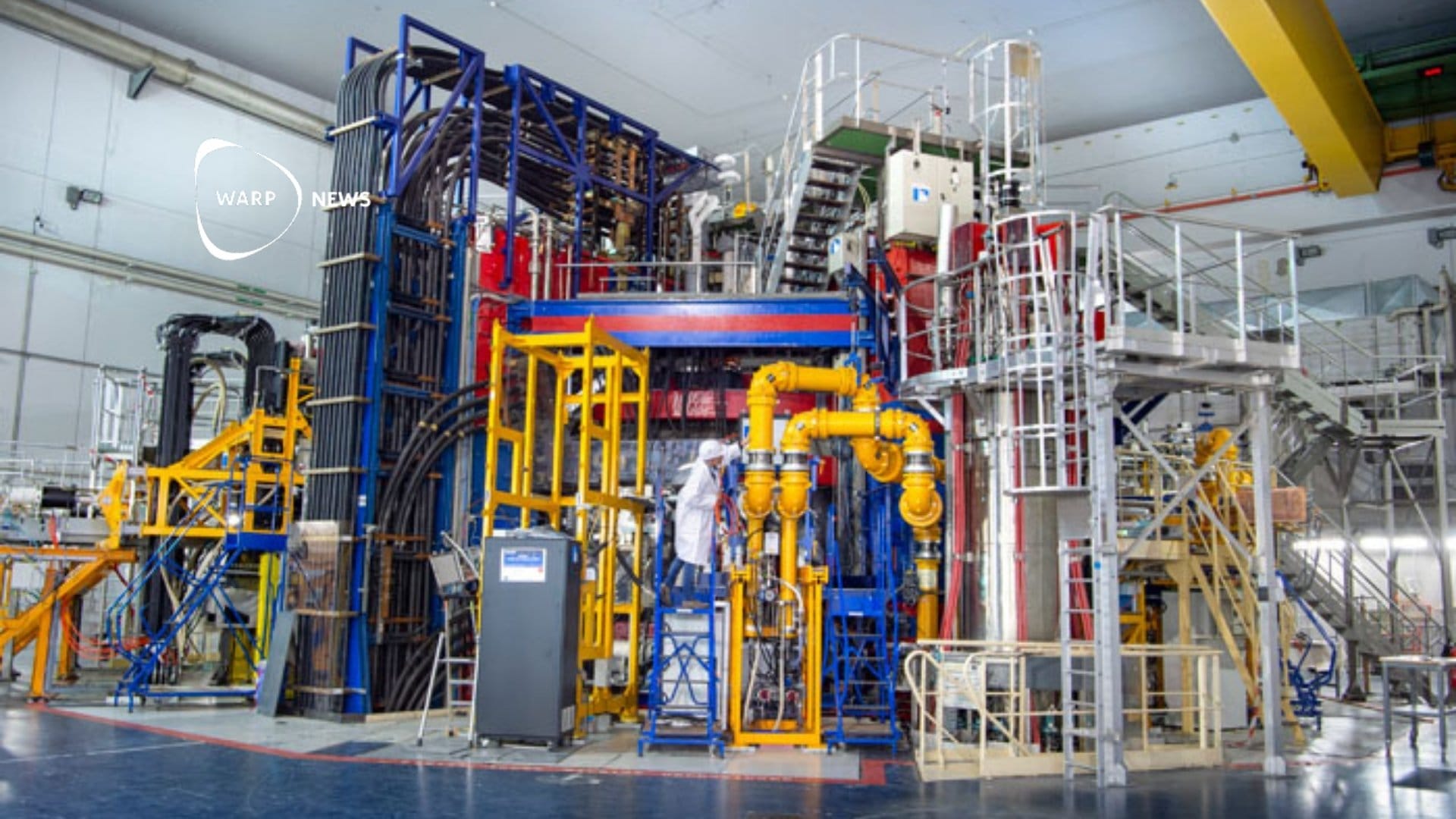
♻️ Municipal waste to replace coal in Zimbabwe
In an attempt to find alternative power sources Zimbabwe is using a new method, plasma gasification, to produce energy from municipal waste.
Share this story!
In an attempt to find alternative power sources under the "no new coal" agenda, Zimbabwe has adopted plasma gasification (PG) of municipal solid waste to produce energy. South Korea is assisting the country in the project to embrace clean energy in the country.
Waste Management World reports on how plasma gasification is an emerging technology that can process landfill waste to extract commodity recyclables and convert carbon-based materials into fuels. It can form an integral component in a system to achieve zero waste and produce renewable fuels, whilst caring for the environment.
Plasma arc processing has been used for years to treat hazardous waste, such as incinerator ash and chemical weapons, and convert them into non-hazardous slag.
Global ambition to reduce use of coal
Zimbabwe Electricity Supply Authority Board Chairperson, Dr. Sydney Gata told The Herald that PG was to counter the global call to end the use of coal in power generation since the technology was environmentally friendly.
"The door has shut on coal, so we have to look at alternative technology so we are investing with partners from South Korea to explore plasma gasification of municipal waste, which has marginal consequences to the environment".

The project is already in a development study phase in Harare, explained Gata.
The Paris Agreement entails that unabated coal-fired power generation globally should be reduced to 80 percent below 2010 levels by 2030 and phased out before 2040, some ten years earlier than previous estimates.
Gasification becomes a game-changer
Plasma gasification is a multi-stage process that starts with feed inputs ranging from waste to coal to plant matter and can include hazardous wastes.
The first step is to process the feedstock to make it uniform and dry, and have the valuable recyclables sorted out. The second step is gasification, where extreme heat from plasma torches is applied inside a sealed, air-controlled reactor.

During gasification, carbon-based materials break down into gases and the inorganic materials melt into liquid slag which is poured off and cooled.
The heat causes hazards and poisons to be destroyed.
The third stage is gas clean-up and heat recovery, where the gases are scrubbed of impurities to form clean fuel, and heat exchangers recycle the heat back into the system as steam.
The final stage is fuel production, the output can range from electricity to a variety of fuels as well as chemicals, hydrogen, and polymers. Other benefits of adopting PG include improved waste management, gasification is superior to incineration and the carbon impact of plasma gasification is significantly lower than other waste treatment methods.

Waste will triple by 2050
African Union Development Agency-New Partnership for Africa's Development reported that it has been projected that by 2050, the volume of waste will triple from 174 million tonnes per year as of 2016 to approximately 516 million tonnes per year across the African continent, Zimbabwe included. However, Africa's average waste collection rate amounts to approximately 55 percent of all existing waste materials. Notably, more than 90 percent of Africa's waste is disposed of at uncontrolled dumpsites and landfills, often followed by open burning.
Most importantly, 19 of the world's largest dumpsites are found in Africa and are mostly located in Sub-Saharan Africa, making PG a game-changer.
By composition, an average of 13 percent of municipal solid waste generated in Africa is plastic, 57 percent organic. The bulk of organic waste is currently being dumped in landfills. However, through the introduction of plasma gasification, organic waste provides significant socio-economic opportunities in the coming years for African countries. Zimbabwe is one of these hopeful examples.
🗳 Since democracy is crucial in a fact-based optimistic world... we remind our readers of the democratic status of the countries we write about:
Zimbabwe has a Global Freedom Score of 28 and has the status Not Free.
By becoming a premium supporter, you help in the creation and sharing of fact-based optimistic news all over the world.


